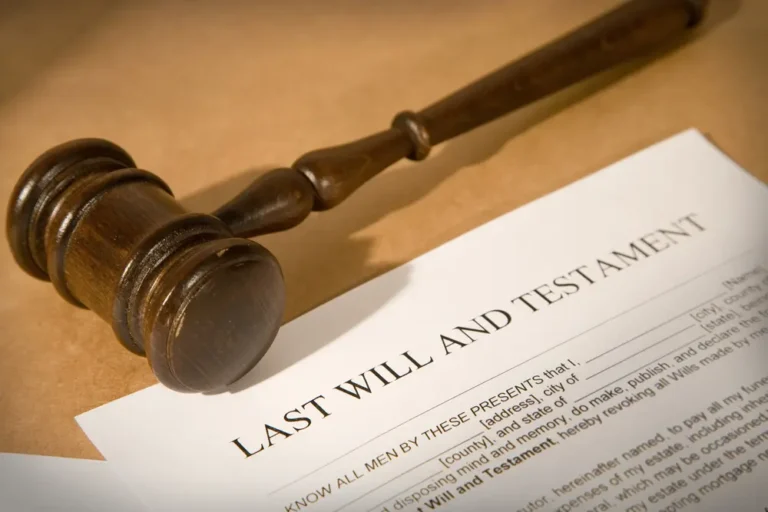How Do I Avoid Probate?~4 min read
People often express a strong desire for avoiding probate when discussing their own death of the death of a loved one. My first response to them as a Texas attorney is usually something along the lines of “I understand where you’re coming from, but A) Texas probate generally is not a horribly long or terribly expensive process; and B) there are many times probate alternatives.” Avoiding probate is possible—even without setting up trusts for your assets during your lifetime, although revocable living trusts (also called “grantor trusts”) are one way of planning for probate avoidance. (See my blog, “Should I Set Up a Trust?”). This article, however, delves into some of the probate alternatives where Wills are involved, instead of trusts.
I always explore the possibility of probate alternatives with my clients—whether they are in my office for their estate planning meeting or to discuss how to handle the death of their family member. When a client plans for distribution of assets at death, nine times out of ten they mention the strong desire to make things easy for their beneficiaries. I let them know that even if they elect to use a Will as their estate planning “vehicle,” instead of a trust, it is possible that their assets could be transferred to their desired beneficiaries without the need for a formal probate.
One example of this option can be utilized in certain circumstances where all of the named beneficiaries in a person’s Will, will match up with those who would inherit under the State of Texas’ statutes delineating what happens to person’s assets when they die without a Will. That option is an AFFIDAVIT OF HEIR-SHIP that is filed in the real property records in the county of the deceased person’s homestead. Sometimes this option will suffice for different assets, but most often it is only useful for showing title to real property passing to the person’s heirs. Some title companies will require that the affidavit of heir-ship be on file for six months before agreeing to issue title insurance to a buyer. A benefit of an affidavit of heir-ship is that it can be completed at any time, unlike a Will that must be probated within four years of a person’s death absent certain very limited circumstances. That benefit is helpful in cases where one spouse dies, but all accounts and other assets are jointly held assets or name the surviving spouse as a beneficiary and the other does not think to do anything about the home until years or even decades later.
Another very similar example is useful where there may be some bank accounts or similar assets that are in the name of the decedent with no named beneficiaries where those assets all together total less than $75,000. That option is a SMALL ESTATE AFFIDAVIT. Similar to the affidavit of heir-ship, the small estate affidavit will ultimately direct that asset holders release the funds to the deceased person’s heirs based on the Texas intestate succession statutes. The difference is that this affidavit is filed in the probate court where the person died, and it may only be used when the assets of the decedent are greater than the debts (other than those debts secured by real property). Additionally, the small estate affidavit requires a listing of all estate assets whereas the affidavit of heir-ship lists the real property only.
Because of these options for probate alternatives, I stress to my estate planning clients that they need to tell their children or whoever they name as executors to check with a reputable attorney familiar with Texas probate laws and processes before leaping to probate. I have had at least one client come in for estate planning having paid an attorney to probate her husband’s Will when there was very clearly no need to have done that based on the assets involved and the beneficiary designations naming her.
While sometimes there is no other option but to probate a Will, whether due to the type of assets, the lack of beneficiary designations or where a Will’s distribution differs from the Texas intestate succession statutes, checking for those probate alternatives makes sense.
Contact Springer & Lyle
If you have questions regarding Wills, Trusts or Probate, please contact Jeff Springer & Frank Lyle at 940.370.4033 to schedule a consultation. Springer & Lyle is located at 1807 Westminster, Denton, Texas 76205.






